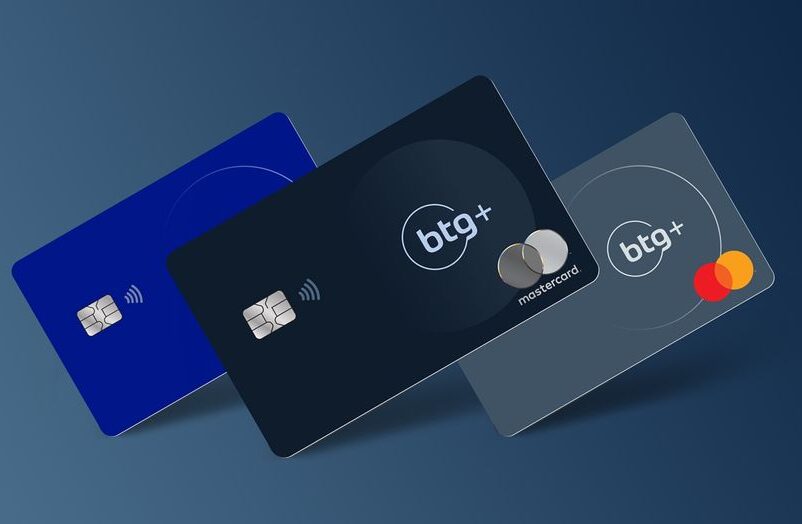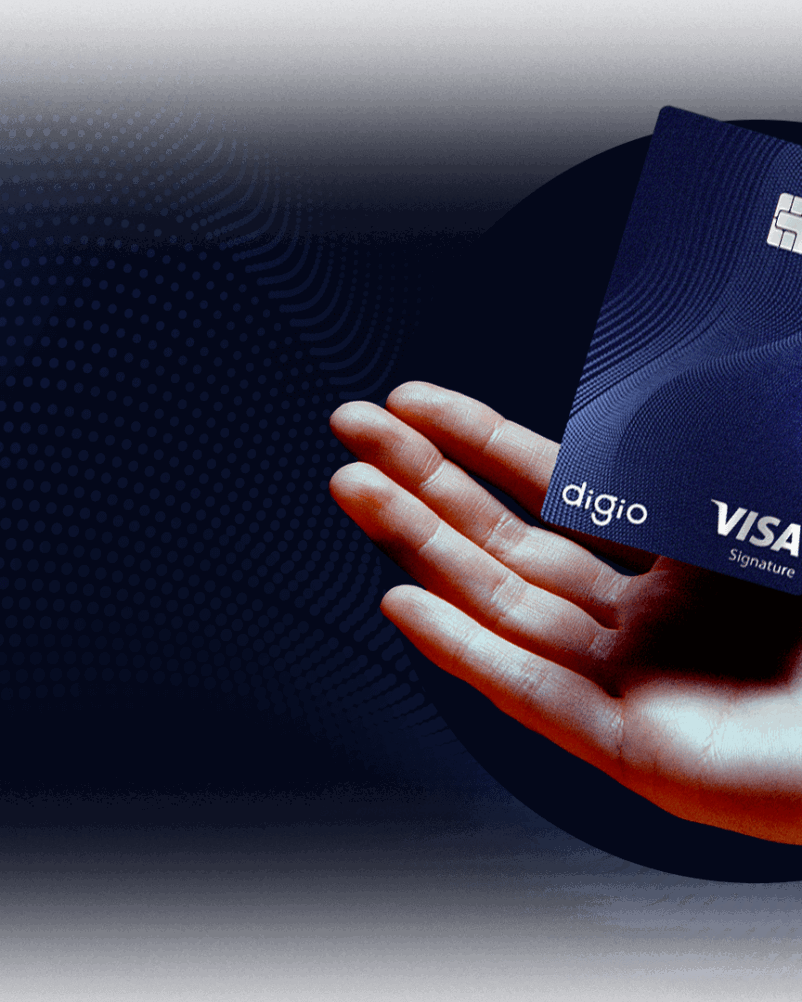ads
The credit card has become an indispensable tool for Brazilian consumers.
With the growing digitization and the need for financial conveniences, it offers not only the possibility of installment purchases but also benefits such as miles, cashback, and transaction security.
In this article, we will explore the various credit card options available in Brazil, their features, and how to choose the best one for your needs, along with tips to maximize your benefits.
Types of Credit Cards
In Brazil, credit cards can be classified into several categories, each with its own characteristics:
1• Basic Cards: Ideal for those just starting to use credit, these cards offer lower limits and few advantages. Examples include the Nubank Card and the Mercado Livre Card. These cards are accessible and allow new users to build their credit history.
ads
2• Gold and Platinum Cards: For consumers with a more solid credit history, these cards offer higher limits and additional benefits such as travel insurance and emergency assistance. The Itaú Personnalité Card and the Bradesco Platinum Card are good examples of cards in this category, providing better support for travel and international purchases.
3• Black Cards: Aimed at high-income consumers, these cards offer very high limits and a variety of benefits, including access to VIP airport lounges, mileage programs, and concierge services. The Santander Unlimited Card and the Porto Seguro Card are well-known in this segment, offering exclusive services and advantages that can justify the high annual fee.
4• Co-branded Cards: Associated with specific companies, these cards offer advantages at certain establishments. An example is the Latam Pass Card, which accumulates miles on flights with the airline, allowing users to earn points that can be exchanged for airline tickets or upgrades.

Important Features
When choosing a credit card, it is essential to consider several features that may influence your decision:
• Annual Fee: Most cards charge an annual fee, but some may be waived depending on usage. Cards like Nubank offer annual fee waivers if a certain spending threshold is met each month. Also, check for promotions that may offer waivers for a year or more.
ads
• Credit Limit: The credit limit is one of consumers’ main concerns. Many banks offer initial limits that can be increased over time, depending on the customer’s payment history. The Inter Card, for example, is known for offering high limits easily, especially for customers who maintain a good relationship with the bank.
• Rewards Programs: Many cards offer points or cashback programs, which can be an excellent way to save money. The Santander Card, for example, offers points that can be exchanged for products or services. It’s important to understand how the rewards program works and the best ways to accumulate points.
• Payment Flexibility: The ability to divide purchases into installments and flexible payment options are significant attractions. Cards like PagSeguro allow you to split purchases into up to 12 interest-free installments, which can be a great help during financial challenges.
• Security: Security in transactions is essential, especially in times of online fraud. Cards like American Express offer fraud protection and purchase insurance, as well as real-time monitoring that can help prevent unauthorized charges.
Tips for Choosing the Ideal Card
1• Evaluate Your Needs: Before choosing a card, analyze your spending profile. If you travel frequently, a card that accumulates miles might be the most suitable, while if you make many everyday purchases, a cashback card might be more advantageous.
2• Compare Annual Fees: Check the annual fee rates and see if they compensate for the benefits offered. Cards like Nubank can be advantageous for not charging an annual fee, while others may offer benefits that justify the cost.
3• Consider the Ease of Credit Limit Increase: For those looking for a card with a high limit, it’s important to talk to your manager about the bank’s policy on limit increases. Some cards allow you to request an increase easily, while others require a more robust spending history.
4• Research Additional Benefits: Analyze additional benefits, such as insurance, assistance, and rewards programs, that can add value to your card. Compare offers and see which aligns best with your needs.
5• Read User Reviews: Checking the experiences of other users can help in your choice. Websites and social media are good sources of information, and many consumers share their experiences with card usage, which can be helpful in deciding.
Examples of Popular Cards
• Nubank: Known for its annual fee waiver and ease of use, it is an excellent option for beginners and those seeking simplicity.
• Itaú Personnalité: Offers exclusive benefits for its clients, including access to VIP lounges and rewards programs.
• Santander Unlimited: A Black card that provides a range of advantages, including miles and concierge services.
• Inter Card: A good option for those seeking high limits and annual fee waivers, as well as a solid cashback program.
Trends and Benefits
In recent years, the credit card market in Brazil has evolved rapidly. Some trends include:
• Digital Cards: With digitization, many consumers opt for digital cards, which offer real-time control and ease of use. These cards can be managed via mobile apps, allowing users to track their spending instantly.
• Cashback Programs: Interest in cashback has grown, with cards returning a percentage of the spent amount. This is an excellent way to save, especially for those who make many purchases.
• Integration with Fintechs: The rise of fintechs has brought new card options that are more flexible and have lower fees, such as the Nubank Card and the Inter Card. These companies often offer innovations and services that make the user experience more enjoyable.
• Sustainability: Many banks are starting to offer sustainable cards made from recyclable materials and promoting eco-friendly practices. This attracts conscious consumers who wish to make financial choices that benefit the environment.
Benefits of Responsible Use
Using a credit card responsibly can bring many benefits, such as:
1• Building Credit: Regular and responsible use of the card helps build a good credit history, which is essential for future purchases of higher-value goods, such as homes or vehicles.
2• Security: Cards offer greater security when making transactions, especially compared to using cash. Moreover, many cards provide protection against fraud and unauthorized charges.
3• Emergency Convenience: Having a credit card can be a valuable resource in emergencies, allowing you to make unexpected purchases without needing to resort to loans.
4• Expense Control: Many bank and card apps offer detailed reports on spending, allowing you to monitor and control your expenses effectively.
Conclusion
The credit card is a powerful tool that, if used responsibly, can bring many benefits to Brazilian consumers. With various options available, it is important to evaluate the characteristics of each card and choose the one that best meets your needs. By considering the mentioned tips and staying informed about market trends, you can make the most of the advantages that credit cards have to offer. Whether for accumulating miles, ensuring purchase security, or facilitating daily life, the credit card is undoubtedly an essential part of modern financial life.
With the right choice and conscious use, you can master your credit card and turn it into a powerful ally in managing your finances.



